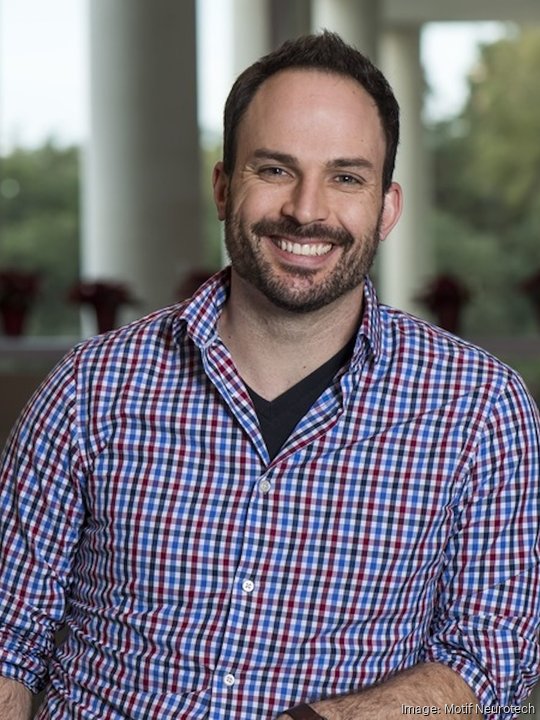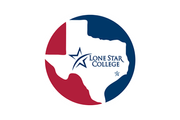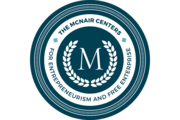
A startup spun out of Rice University’s new biotechnology accelerator has closed its first significant funding round. Motif Neurotech said Jan. 23 that it secured $18.75 million in the round from both existing and new investors.
The funding was led by health care-focused venture capital firm Arboretum Ventures, based in Ann Arbor, Michigan. New investors include Austin-based KdT Ventures; Satori Neuro, an arm of Dallas-based Satori Capital; San Francisco-based Dolby Family Ventures; and London-based ReMind Capital.
Existing investors also returned to participate in the round, most notably the Texas Medical Center Innovation Factory in Houston. Others include New York-based Divergent Capital, San Francisco-based PsyMed Ventures, Los Angeles-based Empath Ventures and Austin-based Capital Factory, which has a significant presence in Houston.
As part of the round, Tom Shehab, managing partner of Arboretum, and Amy Kruse, chief investment officer at Satori Neuro, will join Motif’s board. Motif was co-founded by Dr. Jacob Robinson, director of Rice's Robinson Lab; Dr. Sameer Sheth; Dr. Sunil Sheth; and Kaiyuan Yang, leader of Rice's Secure and Intelligent Microsystems Lab.
The money will go toward developing Motif’s lead product, the Dot microstimulator, a millimeter-sized pacemaker for the brain that is designed to help to restore healthy brain activity and treat cases of mental health disorders. The device targets treatment-resistant depression, a form of major depressive disorder.
According to Johns Hopkins Medicine, treatment-resistant depression is not officially defined, but some researchers describe lingering symptoms of depression in patients that have taken multiple rounds of antidepressants. Approximately 30% of people diagnosed with major depressive disorder are affected by treatment-resistant depression.
Motif emerged from the Rice Biotech Launch Pad, an accelerator that the university introduced in September. Rice bioengineer Omid Veiseh, who serves as the Launch Pad’s faculty director, said at the program’s launch that it would enable Rice technology startups to compete for federal grant funding.
“We have the infrastructure, financial backing and talent in Houston to do more in creating new medicines to cure disease,” Veiseh said in September. “The Rice Biotech Launch Pad will help our faculty compete for larger grants from [federal agencies] in support of translational work involving platform technologies that can address multiple therapeutic areas.”
Rice also recently launched the Rice Synthetic Biology Institute with the goal of partnering with energy companies as well as health care institutions on translational work. Additionally, the newly announced Woodside-Rice Decarbonization Accelerator will work to advance decarbonization by scaling up technologies from Rice labs into businesses.
Although venture capital funding for medical technology in Houston has dipped in recent quarters, some deal activity is still present. As of November 2023, medical device deal count in Houston slipped to 15 from a decade-high of 35 in 2021, and deal value dropped to $50 million from $260 million over that two-year period, according to Pitchbook. Houston's overall venture capital figures in 2023 were the lowest since 2019, Pitchbook found.
In December, Houston-based EndoQuest Robotics closed a $42 million Series C-1 round, which had the third-highest value of all Houston deals Pitchbook recorded in Q4. EndoQuest has raised over $80 million in funding under a previous name and is developing technology that can operate within the human body to aid surgical procedures.
The biggest deal Houston saw last quarter was a $50 million Series A round for RepeatMD, a fast-growing software startup that offers white-collar rewards programs to clients including dermatology offices and wellness spas. That round came nine months after Houston-based venture capital firm Mercury Fund LP seeded RepeatMD through its $160 million Mercury Fund V.





